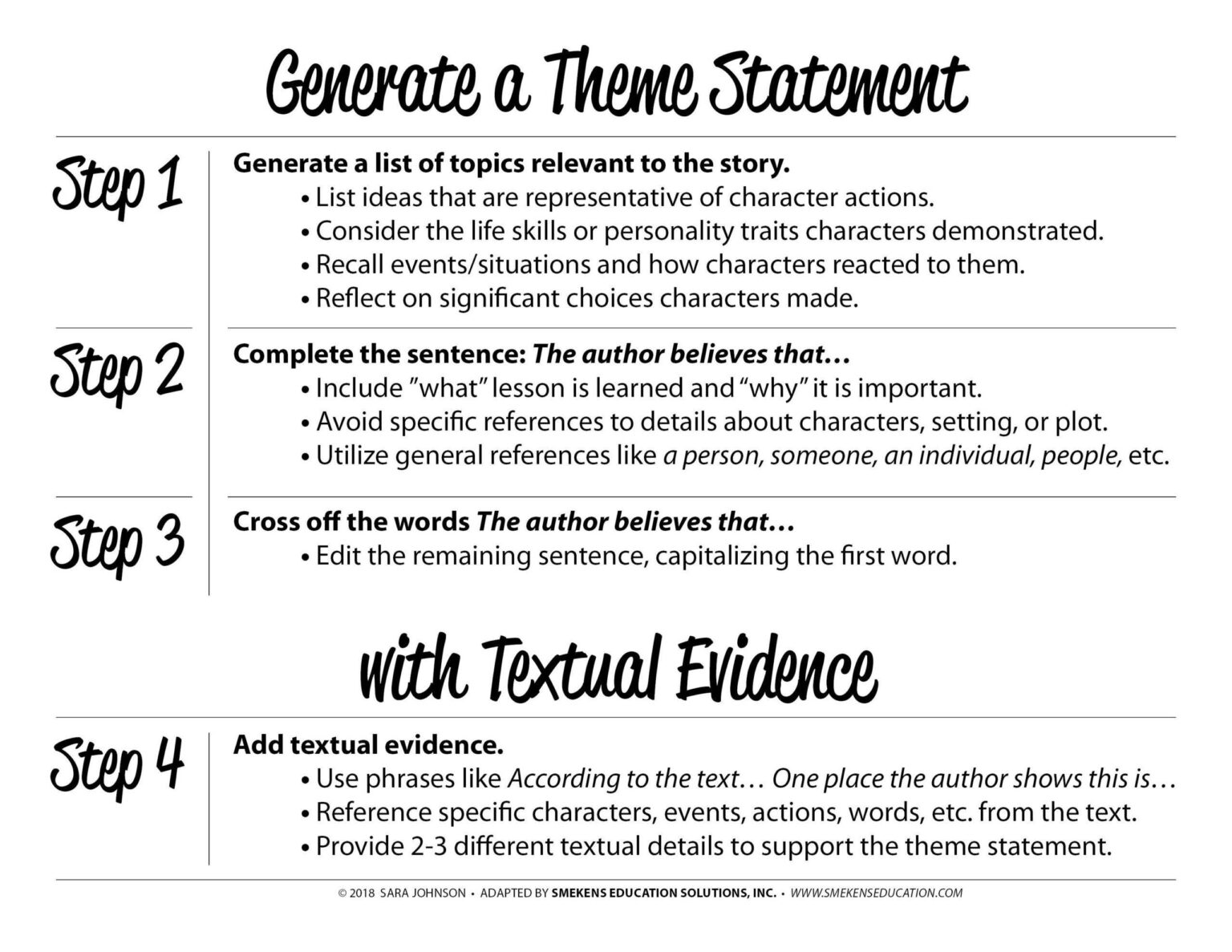Renewed Strains Between Rwanda and South Africa Amid Congo Conflict
Historical Context: The Complex Relationship Between Rwanda and South Africa
The diplomatic relationship between Rwanda and South Africa has long been characterized by a mixture of cooperation and rivalry, heavily influenced by regional conflicts, especially the persistent instability in the Democratic Republic of Congo (DRC). Over time, accusations have surfaced from Kigali alleging that Pretoria supports rebel factions undermining Rwandan security interests. These allegations have intensified concerns about regional stability, threatening to reshape political alliances across Central and East Africa.
The fluctuating dynamics between these two nations are deeply rooted in their shared history. For instance, following the 1994 Rwandan Genocide, South Africa played a significant role in humanitarian support efforts that initially strengthened bilateral ties. However, as armed groups re-emerged within eastern DRC’s mineral-abundant zones—rich in resources like coltan and cobalt—their involvement became more contentious.
| Year | Event | Effect on Bilateral Relations |
|---|---|---|
| 1994 | Rwandan Genocide Aftermath | South African humanitarian aid bolstered diplomatic goodwill. |
| 2003 | Lusaka Ceasefire Agreement Implementation in DRC | Bilateral cooperation increased through joint peacekeeping initiatives. |
| 2023-24 | M23 Rebel Resurgence in Eastern DRC | Tensions escalated amid mutual accusations over backing armed groups. |
The Underlying Causes of Discord: Examining the Congo Crisis Through a New Lens
The conflict gripping eastern Congo is not merely an internal struggle but rather a multifaceted crisis shaped by ethnic rivalries, historical grievances, and competition over vast natural wealth. The influx of Hutu refugees into Congolese territory after the genocide created militias whose clashes with Tutsi communities fueled cycles of violence still reverberating today. Moreover, control over lucrative minerals such as tin and tantalum has attracted external actors seeking economic advantage at great human cost.
This volatile environment has become a proxy arena where neighboring states project influence—Rwanda’s military incursions contrast sharply with South Africa’s preference for diplomacy-led solutions. This divergence underscores broader strategic disagreements:
- Economic Interests: Both countries vie indirectly for access to Congo’s resource wealth which underpins regional power balances.
- Cultural-Ethnic Dimensions: Longstanding ethnic affiliations continue shaping alliances among local militias supported externally.
- Sustaining Regional Peace: A unified approach remains elusive despite urgent calls for collaborative security frameworks across borders. < /ul >
Avenues Toward Resolution: Diplomatic Pathways Forward Between Kigali and Pretoria < /h2 >
Given escalating frictions between Rwanda and South Africa linked to divergent approaches toward the Congolese conflict, pragmatic diplomacy is essential to prevent further destabilization. Historically complex relations necessitate nuanced strategies including: p >
- < strong >Consistent Dialogue Channels:< / strong > Establishing reliable communication platforms can reduce misinterpretations while building trust incrementally.< / li >
- < strong >Leveraging Regional Bodies:< / strong > Institutions like the African Union or Southern African Development Community (SADC) could mediate disputes impartially.< / li >
- < strong >Collaborative Security Initiatives:< / strong > Joint peacekeeping deployments or intelligence sharing may foster confidence amidst mutual suspicion.< / li >
- < strong >Economic Integration Efforts: strong > Expanding bilateral trade agreements could create interdependencies that discourage antagonism.< / li >
Focus Area Expected Outcomes Security Collaboration
td >< td data-align = "left" > Enhanced intelligence exchange leading to improved border control measures.
td > tr >< tr >< td data-align = "left" > Humanitarian Support Programs
td >< td data-align = "left" > Coordinated relief efforts reducing civilian suffering while fostering goodwill.
td > tr >< tr >< td data-align = "left" /> Cultural Diplomacy Initiatives
td />< td data-align = "left" /> People-to-people engagement promoting reconciliation beyond political rhetoric.
tr > tbody > table>An active role from international partners—including multilateral organizations such as the United Nations—is also vital in supporting these endeavors through funding mechanisms or peacebuilding expertise. For example, recent World Bank commitments exceeding $300 million aim at stabilizing affected regions within Central Africa through infrastructure development coupled with social programs designed to address root causes of conflict (World Bank Report 2024).
Main Insights & Future Outlooks
The renewed discord between Rwanda and South Africa against the backdrop of ongoing turmoil inside eastern Democratic Republic of Congo reveals how intertwined historical legacies remain influential today. As both capitals assert competing visions regarding interventionist policies versus diplomatic engagement strategies toward resolving Congolese instability,a balanced approach emphasizing dialogue backed by regional solidarity appears indispensable for sustainable peacebuilding efforts moving forward.
This evolving scenario demands vigilant observation since its repercussions extend well beyond national boundaries—impacting economic corridors throughout Central/East Africa—and highlighting an urgent need for cohesive international involvement aimed at mitigating protracted violence while nurturing durable partnerships among key stakeholders involved directly or indirectly within this geopolitical hotspot.

